The European Union (EU) has taken a significant step by approving new tariffs on electric vehicles (EVs) imported from China. This decision, made on Friday, comes amidst a backdrop of intense discussions among EU member states. Here’s what you need to know about the new tariffs and their implications.
Background on the Tariff Decision
The EU’s decision to impose new tariffs stems from concerns about the competitive edge that Chinese electric vehicles have in the European market. Many EU countries believe that these tariffs will help protect local manufacturers and support the European automotive industry.
Details of the New Tariffs
1. Support from EU Member States: Ten EU countries, including France and Italy, supported the imposition of additional tariffs of up to 35.3% on Chinese electric cars. This is on top of the existing 10% tariff already applied to these vehicles.
2. Opposition from Key Countries: Germany, one of the largest automotive markets in Europe, led the opposition against the new tariffs. Along with Hungary, they voted against the proposal, arguing that these tariffs could lead to higher prices for consumers and hurt trade relations.
3. Abstentions: In addition to the votes for and against, twelve countries abstained from the vote, indicating uncertainty or neutrality regarding the decision. This abstention highlights the divided opinions among EU member states on the issue.
The Role of the European Commission
The European Commission, which is responsible for proposing new laws and policies within the EU, presented the tariff proposal to member states. With the necessary support from various countries, the Commission can now move forward with implementing these tariffs.
Implications for the Automotive Industry
The approval of these tariffs could have significant implications for the European automotive market:
Protection for Local Manufacturers: The new tariffs aim to protect European car manufacturers from the influx of cheaper Chinese electric vehicles, allowing them to compete more fairly in the market.
Potential Impact on Prices: While the intention is to support local industry, the tariffs could lead to higher prices for consumers, as manufacturers may pass on the increased costs associated with tariffs.
Future Trade Relations: The decision to impose tariffs could strain trade relations between the EU and China. It remains to be seen how China will respond to this new measure and whether it will lead to further tensions in trade discussions.Mercedes on EU Tariffs on EVs from China:
Mercedes on EU Tariffs on EVs from China:
Impact on Competitiveness: Mercedes is convinced that the European Commission’s plan to impose tariffs on electric vehicles (EVs) imported from China could impair the long-term competitiveness of the automotive industry in Europe.
Concerns About Consequences: The company believes that the tariffs could lead to far-reaching negative consequences for the industry.
Call for Dialogue: Mercedes is optimistic that a solution that benefits both the EU and China can be reached through dialogue.
Request for Postponement: They are appealing for the enforcement of these tariff measures to be postponed to allow for further discussions.
Volkswagen on EU Tariffs on EVs from China:
Opposition to Tariffs: Volkswagen stands firm in its position that the planned tariffs on Chinese EVs are the wrong approach to take.
Appeal for Continued Negotiations: They are calling on both the EU Commission and the Chinese government to continue their negotiations to find a better solution.
Possibility of Negotiated Solution: Volkswagen believes that it is still possible to negotiate a solution that avoids the imposition of tariffs, as there is time before the implementation set for October.
BMW on EU Tariffs on EVs from China:
Warning for the Industry: BMW has stated that the vote taken today regarding these tariffs is a “fatal signal” for the European automotive industry, indicating serious concerns about the potential repercussions of the tariff decisions.
The EU Commission and China need to quickly come to an agreement to avoid a trade conflict.
German Finance Minister:
Need for Negotiated Solution: The German Finance Minister has expressed that the EU Commission’s decision regarding tariffs on Chinese EVs should not trigger a trade war, emphasizing the need for a negotiated solution between the involved parties to avoid escalating tensions in the automotive market.
The EU’s decision to approve new tariffs on Chinese electric cars is a complex issue with varying opinions among member states. While some countries see it as a necessary step to protect local industries, others fear it could have negative consequences for consumers and trade relations. As the European Commission moves forward with implementing these tariffs, the automotive industry will be closely watching the developments that unfold in the coming months.
Bringing you the latest updates on finance, economies, stocks, bonds, and more. Stay informed with timely insights.














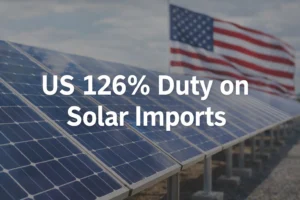





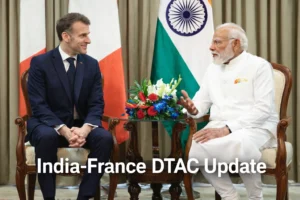
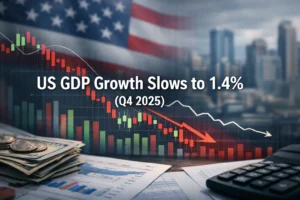






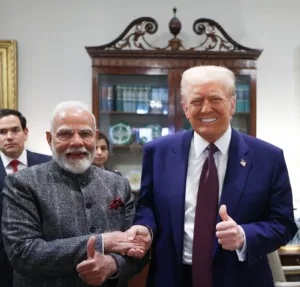


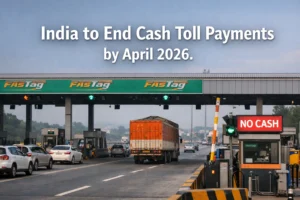

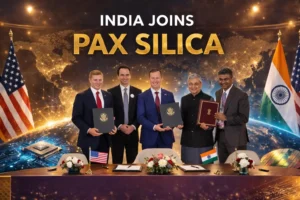
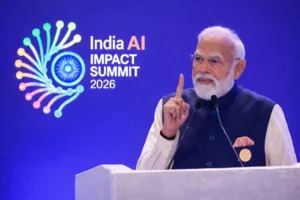


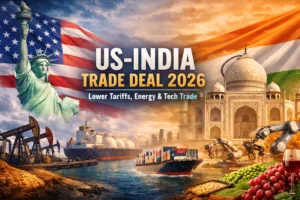

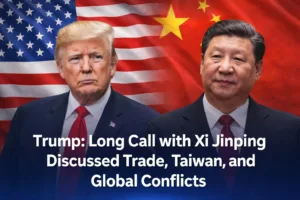


Be First to Comment